You can’t rest on your laurels for long at the highest levels of sport. And so, for Venus Williams, it’s comeback time yet again.
Williams turned pro in 1994 at age 14. Now, at 43, she’s proving to herself and the tennis world at large that she still has what it takes to play and win.
The 2023 season was an exercise in frustration. She pulled a hamstring muscle before the season-starting Australian Open, fell and tweaked her knee during a first-round loss at Wimbledon, and then suffered another first-round loss at the U.S. Open in August thanks to the hindrance of her ongoing injuries.
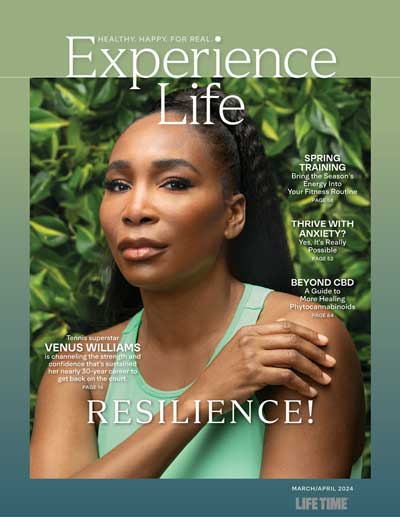 Williams had been the world’s No. 1 player earlier in her career; she was now ranked in the 400s. In 2024, her goal is an all-out return to form.
Williams had been the world’s No. 1 player earlier in her career; she was now ranked in the 400s. In 2024, her goal is an all-out return to form.
After almost three decades at center court, with the highs and lows that accompany life in sports, Williams’s strength to try and try again to power herself back to the top shows world-class resiliency.
“My next step . . . is to get to a place where I feel confident in my body again,” she explains in a personal, vulnerable video on her YouTube channel. “There are very few times where I have had injuries where I’ve lost confidence.”
She’s been working on rebuilding that confidence — although she already exudes it: “I’ll get there, God willing,” she says.
Sister Act
Looking back at her admirable record, it may seem that the wins came almost as a birthright to Venus as well as her equally famed sister, Serena.
Venus and Serena, who is younger by 15 months, grew up on the court together, prodigies schooled in tennis by their ambitious father, Richard. Venus made the jump to pro first, although it was Serena who ultimately won the first Grand Slam singles title, the 1999 U.S. Open. “If I hadn’t been in Venus’s shadow, I would never be who I am,” Serena told Vogue in 2022. “When someone said I was just the little sister, that’s when I got really fired up.”
The sister act quickly developed a game based on a level of power previously unknown in women’s tennis. By age 10, Venus was already hitting serves at more than 100 miles per hour. “They could knock the cover off the ball and run down every shot,” tennis historian and journalist Steve Flink says.
Venus’s gritty, aggressive style of play has since become the norm on the women’s tennis tour. As Venus explained in a 2022 Newsweek column, “I want women to embrace their femininity and power.”
After her first pro singles win in 1998, Venus went on to earn seven Grand Slam singles titles, 14 Grand Slam doubles titles with Serena, and two mixed doubles Grand Slams. She has won 49 Women’s Tennis Association singles titles and 22 WTA doubles. Among her victories are five wins at Wimbledon, the grand temple of tennis.
By age 10, Venus was already hitting serves at more than 100 miles per hour. “They could knock the cover off the ball and run down every shot,” tennis historian and journalist Steve Flink says.
Venus is also an Olympian, winning four gold medals between the 2000, 2008, and 2012 Summer Olympics. At the 2000 Sydney Olympics, she became the second player to ever win Olympic gold in both singles and doubles at the same Games. All told, she and Serena have each won more Olympic gold than any other female tennis player.
Along the way, the sisters also accomplished something more: They opened tennis to a new generation of Black and brown players. As the Washington Post stated, “Their success as Black women in a majority-white sport made them icons.”
And yet at the same time as Venus and Serena expanded tennis’s boundaries, they endured volleys of racist and sexist attacks. Even their fashion choices — deviating from tennis’s notoriously traditional white dress code to add a splash of color to the court — were critiqued.
Despite it all, the sisters kept on winning.
Hard Lessons
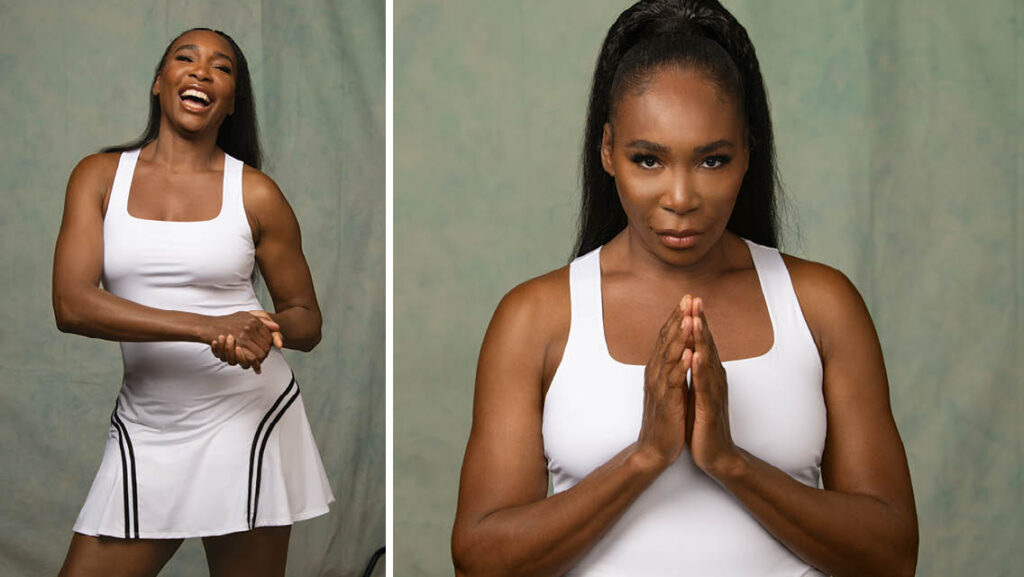
Both sisters were in the semi-finals of the 1999 U.S. Open. Venus was just 19 — she remembers because her braces had just been removed — and Serena was 17. “We were babies!” she says.
Before the match, Venus asked Serena how she felt about the pressure. “[Serena] says, ‘Well, since you have to show up, why not compete?’ … This is the wisest thing I’ve ever heard a 17-year-old say; her perspective on it was just incredible, and as I look back, refreshing and amazing.”
“One of my biggest losses … actually fueled me to really change my life, change my approach to the game of tennis, and taught me a lot as a young person.”
Venus was ranked in the top five in the world at the time and was desperate to win her first Grand Slam title. She played Martina Hingis, 18, and it was a long, drawn-out “battle of the ages,” as Venus recalls.
She also remembers — all too well — not heeding Serena’s wisdom. “I wanted to win,” Venus says, but she didn’t put in that extra effort to make it happen. “My biggest mistake in this match was hoping that my opponent would miss and hoping that somehow she would give me the win.”
Hingis took the match and went on to the finals, where Serena was ultimately victorious.
“It was a really tough, tough, tough, tough, tough, tough loss for me — but also it proved to be my biggest teacher,” says Venus. “I realized that if I didn’t do more and if I didn’t accept the responsibility of what it took to win, I wouldn’t get it, that I would be a great player still … but someone else would hold the trophy and I would always be the bridesmaid.”
In 2000, Venus returned to the U.S. Open with new resolve and won.
Now, as Venus posted on X in fall of 2023, “On and off the court, I give it my all.”
Venus A.D.
On-court injuries are part of the game, but Venus has also struggled with her overall health. In 2011, she was diagnosed with Sjögren’s Syndrome, an autoimmune disease that causes unusual dryness in the eyes and mouth as well as joint pain, myalgia, and overall fatigue.
“One of the issues with autoimmune disease is that they’re very tricky to diagnose, so a lot of people spend an average of seven years before they get their diagnosis,” explains Venus in a further video. “For me, I was right in that seven-year window where I literally got too sick to continue to play professional sports before I had a diagnosis.”
Venus again was forced to focus to overcome her illness. She stayed amply hydrated to counter the inflammation at the heart of autoimmunity. She got lots of sleep.
“One thing that I would say — a little advice, and this really helped me — when going through chronic illness, when you’re dealing with issues that you’re not used to, when you can’t be who you want to be because you’re being held back by your physical health, is remember that everything counts and being able to do even something is better than nothing.”
Most important, she reassessed what she ate: She cut back on sugar and processed foods and supplemented wisely. And she adopted a plant-based diet to fight the energy-sapping inflammation. Today, she calls herself a “cheagan” — a vegan who sometimes cheats.
“One thing that I would say — a little advice, and this really helped me — when going through chronic illness, when you’re dealing with issues that you’re not used to, when you can’t be who you want to be because you’re being held back by your physical health, is remember that everything counts and being able to do even something is better than nothing,” Venus advises.
“There were days where I just wasn’t able to train the way I wanted to and I couldn’t run — or even if I could only run for five minutes, I thought that’s better than no minutes … but if that’s all I had that day, I said it’ll all add up,” she says. “Think about the things you can accomplish instead of what you can’t accomplish.”
At the time, she referred to this new phase of her life as “Venus A.D.” — Venus After Diagnosis.
Comeback Time
Setbacks are part of sports — and life. But so are comebacks. While Venus is optimistic about the 2024 season, she’s also not limited by the sport.
She has her hand in other ventures as well: In 2002, she started V Starr, founded on her love of interior design. The boutique company specializes in commercial hospitality and luxury multifamily residences.
Inspired by the results of managing her autoimmune condition with a plant-based diet, Venus launched Happy Viking in 2020. The superfood nutrition company offers protein powders packed with veggie and fruit phytonutrients, prebiotics and probiotics, and fiber.
And in 2022, Venus joined forces with the nonprofit Outdoor Afro and Clif Bar to promote equity and greater access to the outdoors and sports for underserved communities.
And she still plays tennis with her longtime partner, Serena.
Lately, Venus says she finds inspiration in the axiom “Focus on what you want and what you want is what you’re focused on.”
She explains: “That’s super powerful, and in life I think one of the most challenging things is definitely focusing because focusing takes discipline and focusing also takes application and it also takes endurance.”
Venus has proven over the years she’s capable of discipline, application, and endurance — it’s all part of the icon’s legacy. As she says, “Serena and I used to always joke that in tennis we would say, ‘Carry me off on the stretcher, but I’m going to do what it takes to win.’”
This article originally appeared as “Setbacks and Comebacks” in the March/April 2024 issue of Experience Life.
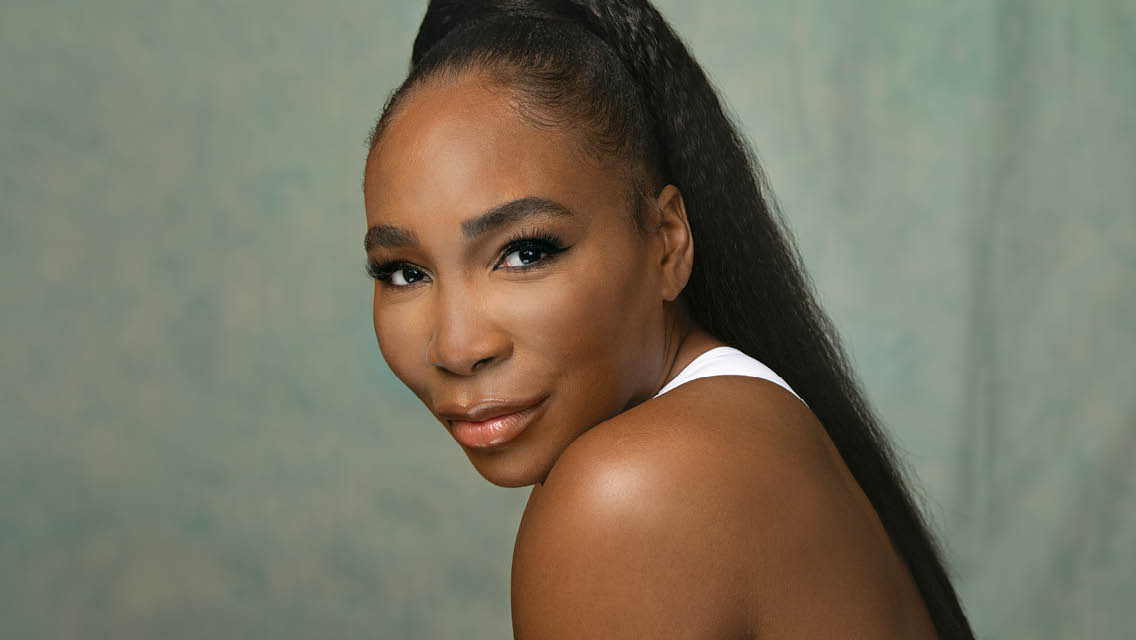


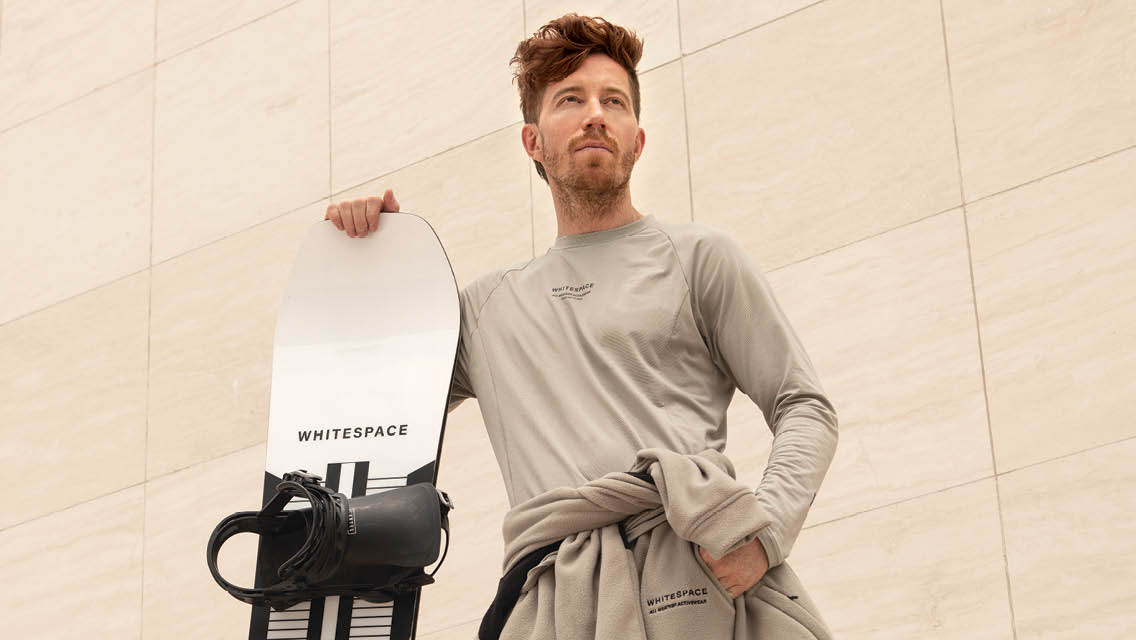
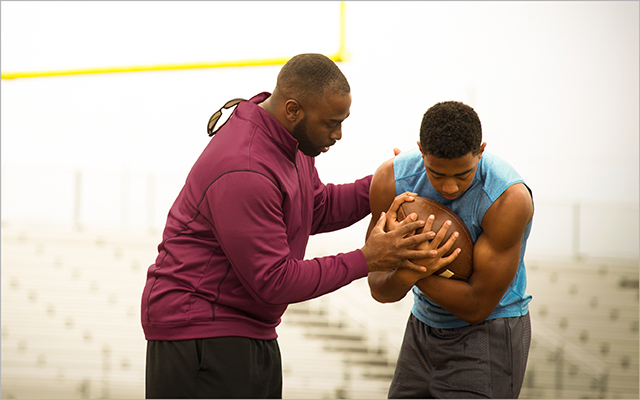
This Post Has 0 Comments